Does Will Say About Starting A Garden In The Good Food Revolution
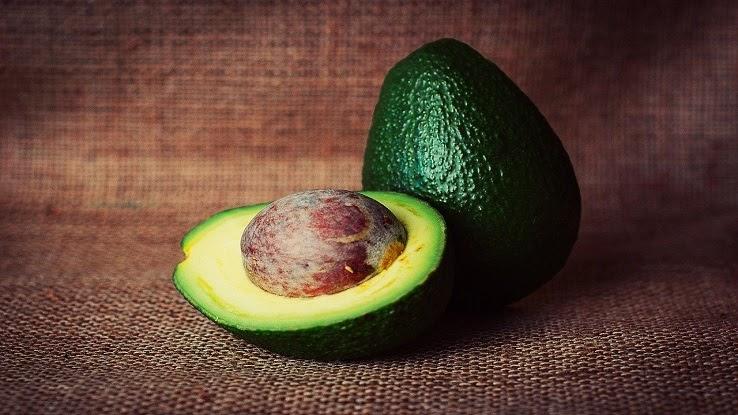
While most natural, plant-based foods are good for your overall well being, superfoods are those that are extra rich in nutrients. Each superfood has different benefits, but they generally possess some combination of protein, vitamins, fiber and antioxidants. These foods are thought to have amazing effects on your skin, immune system, brain function and more.
Although some people have challenged the use of the term "superfoods," there's no denying that some foods have more health benefits than others.
Turmeric
Turmeric is a vibrant, yellow spice that has been used for thousands of years. It is native to South Asia and has been used as coloring and flavor in Indian curries. Studies have found that this spice is not just a great addition to dishes, but also bursting with health benefits.
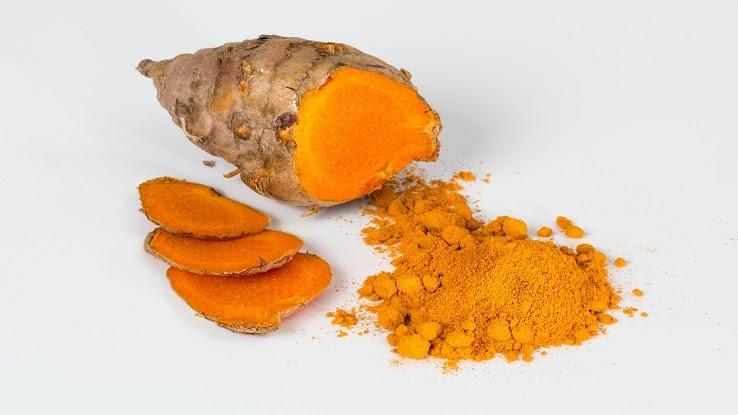
Curcumin, a substance found in turmeric, is an antioxidant with anti-inflammatory properties. It's been proven to help reduce DNA damage in cancer patients. Turmeric also has a positive effect on the brain's function and is linked to the prevention of Alzheimer's disease and depression.
Almonds are one of the most popular nuts and full of B and E vitamins, calcium, iron, magnesium, zinc and other nutrients They are also a major source of healthy fats that can lower cholesterol levels and risk of heart disease.
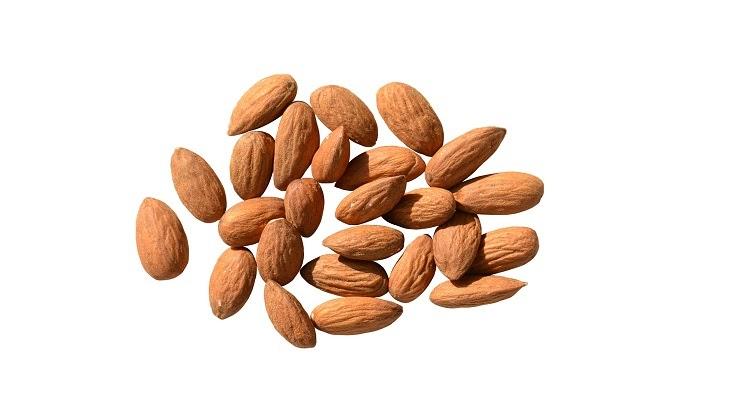
The magnesium content in almonds can also help lower blood pressure levels, while the vitamin E acts as an antioxidant and has been linked to lower chances of heart disease, Alzheimer's and several types of cancer.
Blueberries
Blueberries contain anthocyanin, a compound responsible for the berry's color and health benefits. They also contain 24 percent of the recommended daily allowance (RDA) of vitamin C, which your skin relies on to keep healthy. Regular consumption of blueberries can improve the texture of your skin and inhibit damage from the sun and pollution.
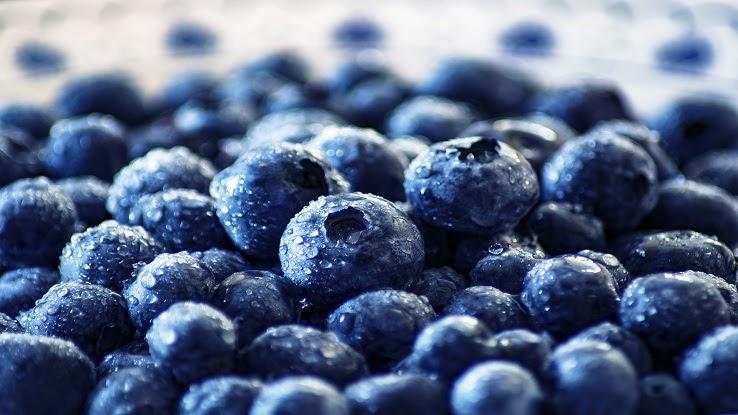
Blueberries are linked to decreased rates of colon, pancreatic, prostate and lung cancers. These tiny powerhouses are filled with phytonutrients and vitamins A and C. These compounds are antioxidants which have the ability to prevent the growth of tumors and reduce inflammation in the body.
Ginger
Ginger is one of the healthiest spices in the world and is often used in traditional medicines. It's known to help ease symptoms of nausea caused by travel sickness, pregnancy and cancer treatments, and it's great for digestion. Consuming a cup of ginger tea after a big meal can ease the emptying of the stomach.

Ginger is often used as a treatment for colds and flu. It's also a diaphoretic and warms the body up from the inside as well as stimulating the production of sweat. Regular consumption also has the ability to reduce muscle pain.
Kale
This leafy green vegetable is one of the healthiest foods on the planet. It is rich in vitamin K, which helps calcium absorption and reduces calcium lost through urine, leading to stronger bones. People with low vitamin K levels are more susceptible to bone fracture.
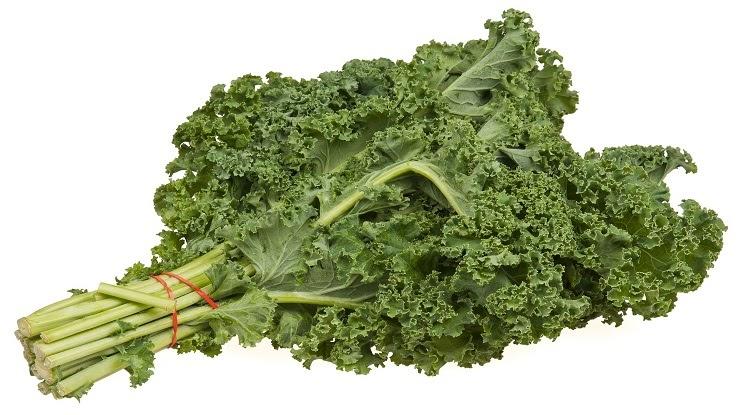
Kale also has high levels of beta-carotene, which is turned into vitamin A in the body. Vitamin A is essential for skin and hair growth because it keeps them moisturized. It's also needed for immune function, healthy eyes and reproductive function.
Mushrooms
Mushrooms have long been used in traditional medicines, and their health benefits explain why. The high antioxidant content in mushrooms is thought to help prevent diseases such as lung, breast and prostate cancer. This may be because mushrooms contain vitamin D, which may reduce the growth rates of some cancers.
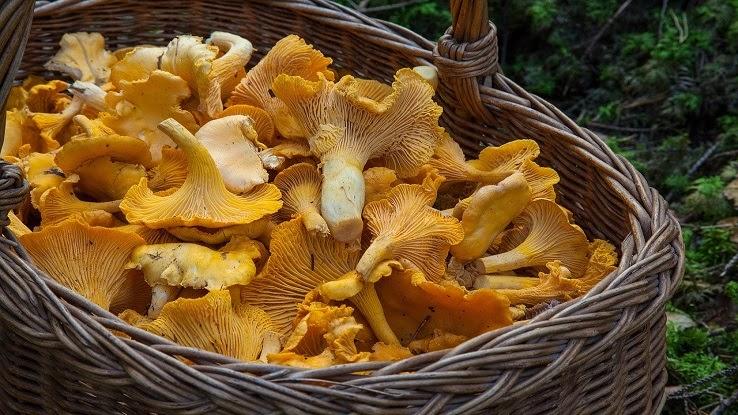
Mushrooms are great for heart health because they contain fiber, potassium and vitamin C. Potassium and vitamin C have the ability to regulate blood pressure, which reduces the risk of cardiovascular disease and hypertension. Fiber can lower blood cholesterol levels. Shiitake mushrooms are an especially good source of fiber.
Spinach
Spinach is an iron- and magnesium-rich food. These two minerals are needed for energy metabolism and muscle and nerve function. The antioxidants in spinach help fight free radicals that can cause oxidative stress, which in turn heightens the risk of diseases such as cancer and diabetes.
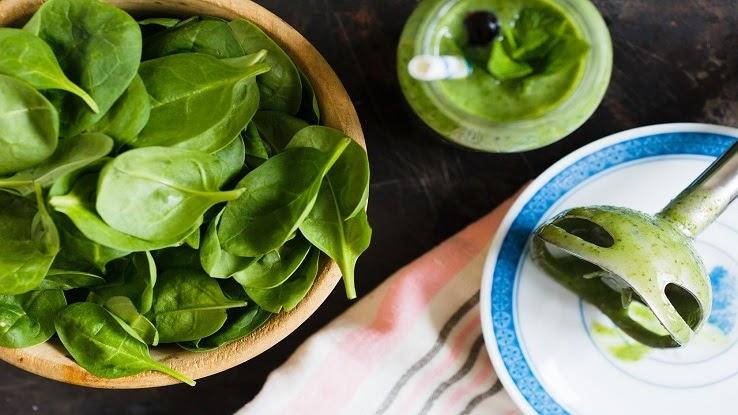
Spinach is excellent for your because it is full of zeaxanthin and lutein, which are carotenoids. They work together to inhibit macular degeneration and cataracts, the leading causes of blindness. Carotenoids are also believed to reverse some existing damage in the eyes.
Salmon
Salmon is a fatty fish, and apart from being tasty, it's also full of nutrients. It's rich in omega-3 fatty acids, which are an 'essential fat' and must be consumed through diet, as your body doesn't have the ability to make it. The health benefits include lowering blood pressure, decreasing inflammation and making sure the cells lining your arteries are kept healthy.
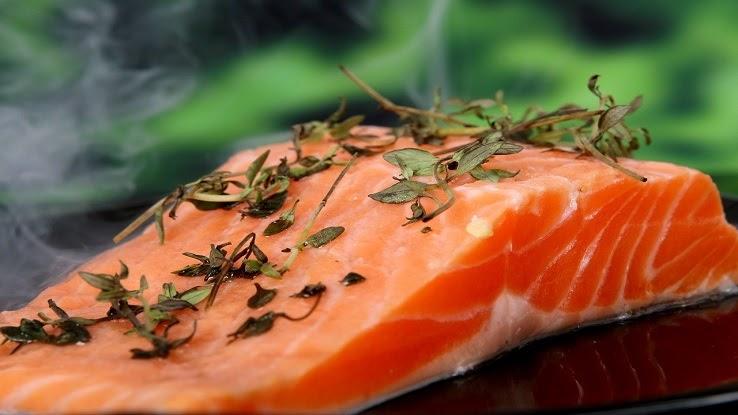
Salmon is also rich in protein, which is an essential nutrient for your body. Protein helps your body mend after being injured, protects the health of your bones and sustains muscle mass when you lose weight or age.
Seaweed
Seaweed is, perhaps surprisingly, full of nutritious value. It ranges in color and shape and is very versatile. It contains iodine and tyrosine, which are essential for a healthy thyroid function. Iodine and tyrosine help the thyroid release hormones that help your body grow, produce energy and repair damaged cells.
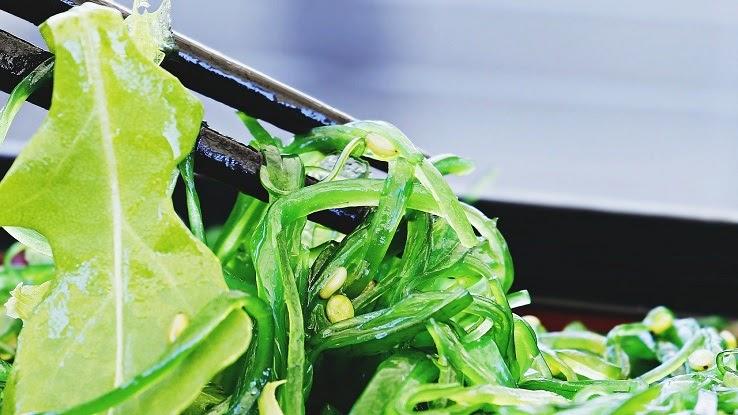
Seaweed can help with weight loss since it contains large amounts of fiber. As well as not having any calories, fiber makes you feel longer, delaying the feeling of hunger. Studies in animals have shown seaweed to reduce body fat, and this may be true for humans as well.
Avocados
These creamy fruits aren't just great on toast. They're also packed with antioxidants that are needed for healthy eyes. Studies have shown that consumption of avocados over a long period of time can minimize the risk of cataracts and macular degeneration, which is frequent in older people.
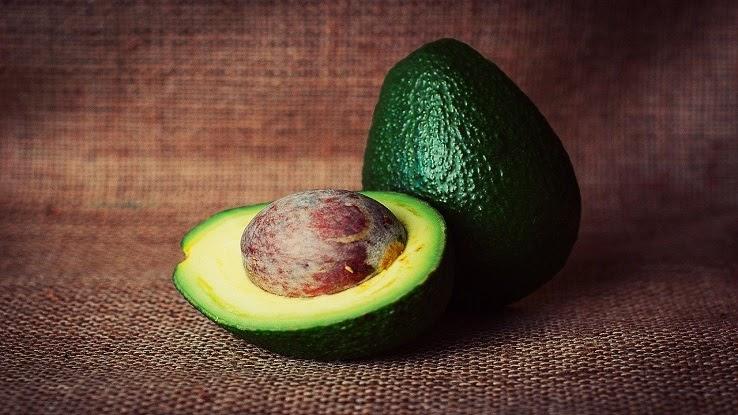
Anyone wanting to lose weight should consume avocados. Don't let the fact that they are full of healthy fats deter you — these fruits actually help weight loss. They are high in fiber and low in carbs, which keeps you feeling fuller and more satisfied for longer, eliminating the desire to snack between meals.
Eggs
Eggs contain choline, which is an important nutrient that most people lack. Choline is responsible for building cell membranes and generating signaling molecules in the brain. Eggs are also high in proteins, which are needed to build muscle and optimize bone health. A single egg contains roughly six grams of protein.

You may also have heard that eggs are high in cholesterol. While this is true, it is not necessarily a bad thing. HDL cholesterol is known as the 'good' cholesterol and lowers the risk of heart disease and stroke. Eating eggs can actually raise the levels of HDL cholesterol.
Garlic
Throughout ancient history, garlic was commonly used for its medicinal benefits. It is a well-known antibiotic and can combat the common cold and flu. Studies have found that daily garlic supplements reduce the length and number of colds by more than half compared to a placebo.

Additionally, garlic can also reduce blood pressure, and studies have suggested that a 600 to 1,500 mg dose of garlic extract may be equally as effective as the drug Atenolol at lowering blood pressure. Garlic also prevents Alzheimer's disease and dementia due to its high antioxidant content. This prevents free radicals that contribute to the aging process.
Quinoa
Quinoa is a highly nutritious gluten-free grain. It contains all nine amino acids, which makes it a complete protein. This makes quinoa a great plant-based protein option for vegans and vegetarians alike. It also has a low glycemic index, which means it's good for blood sugar control.

This ancient grain contains the plant compounds quercetin and kaempferol. These molecules have anti-inflammatory and anti-viral effects. Quinoa also contains high levels of essential minerals such as magnesium, iron and zinc, which most people don't get enough of in their diet.
Green Tea
Green tea is one of the healthiest drinks, and its compounds can improve brain function. Like coffee, it contains caffeine, but the difference is that it has just enough to generate a response without adverse effects. Caffeine enhances brain function by improving reaction time and memory. Green tea also contains L-theanine, which increases dopamine, the chemical responsible for lifting your mood.
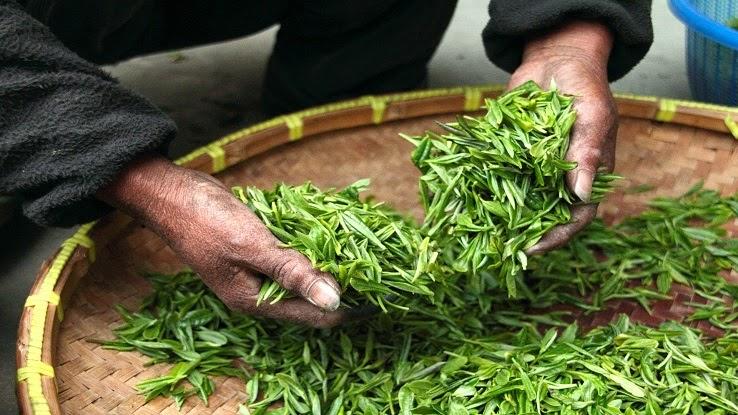
Green tea is excellent for weight loss and is often used in fat burning products as it increases the metabolic rate. The caffeine content also improves physical performance since it mobilizes fatty acids and makes them available to use as energy.
Oats
Oats are a gluten-free whole grain and are incredibly nutritious. They contain a fiber called beta-glucan, which can reduce cholesterol, blood sugar levels and insulin responsiveness, and it can increase the growth of good bacteria in the gut. Since it forms a thick solution in the stomach, it helps maintain a feeling of fullness for longer.
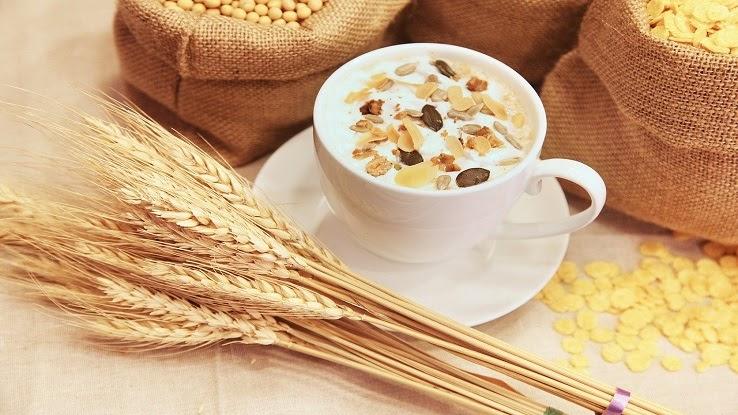
Studies have found that introducing oats into a child's diet in the early stages of their life may greatly reduce the risk of childhood asthma. Oats are also a great remedy for relieving constipation, as oat-bran is very rich in fiber.
Olive Oil
Olive oil, especially virgin olive oil, is high in oleic acid, a healthy monounsaturated fat which helps reduce inflammation and in turn the risk of heart disease, cancer, diabetes, arthritis and obesity. Olive oil is also packed with antioxidants such as oleocanthal, which has similar effects to ibuprofen, an anti-inflammatory painkiller.
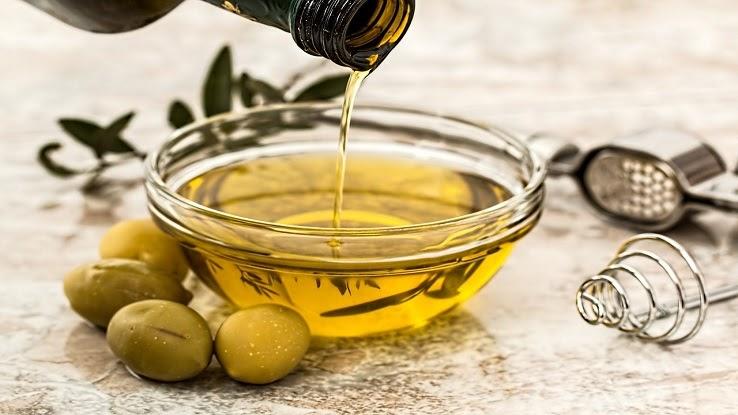
Regular consumption of olive oil can help reduce pain caused by rheumatoid arthritis. When combined with fish oil — which is full of omega-3 fatty acids — the effects are even better and have been shown to improve grip strength and decrease joint pain.
Broccoli
Broccoli is excellent for a healthy bowel function as it is full of fiber and antioxidants. Having healthy bacteria in your colon is essential for your digestion, and consuming broccoli helps to maintain bowel regularity. The high vitamin C content in this vegetable also contributes to a healthy immune system.
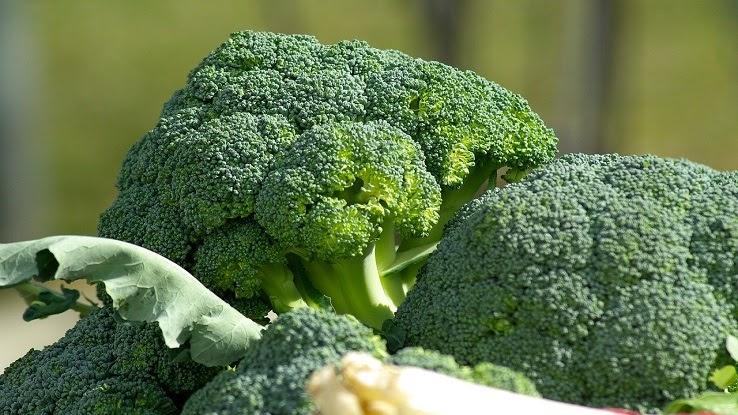
Some of the nutrients in broccoli, such as vitamin C, calcium and kaempferol can help prevent dental disease. Additionally, sulforaphane can reduce the risk of oral cancers. The calcium and vitamin K in broccoli help maintain strong, healthy bones.
Coffee
Coffee is one of the most popular drinks and has been found to have numerous health benefits. The caffeine content in coffee can significantly increase energy levels and help you feel less tired. This simultaneously improves brain function, such as memory, mood and reaction times. Coffee also increases your metabolic rate, which is linked to fat burning and weight loss.

Coffee is also known to be beneficial for your liver. Many liver diseases, such as hepatitis, can lead to cirrhosis. Regular coffee drinkers may have up to an 80 percent lower risk of developing cirrhosis.
Pomegranates
Pomegranates are classed as berries and are incredibly healthy fruits. The edible seeds have the ability to fight prostate cancer by slowing down and even stopping cancer cell reproduction. Studies have shown that drinking pomegranate juice every day significantly slows down the growth of the antigen that causes prostate cancer.
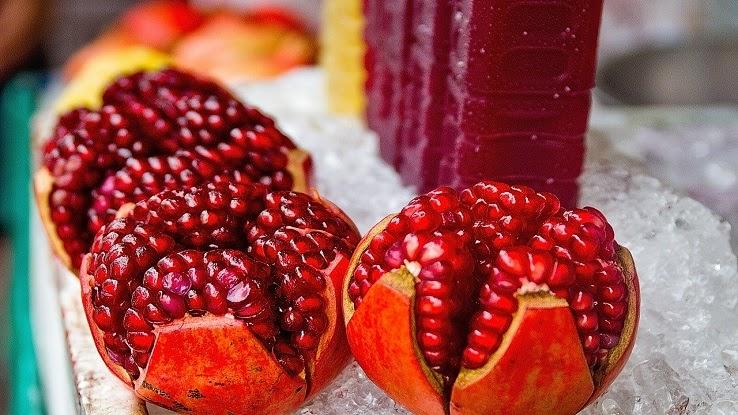
These bright red fruits also help fight infections. Research has shown that compounds in the fruit can resist some types of bacteria and yeast. They also help you maintain a healthy mouth and fight against infections and diseases like gingivitis and periodontitis.
Beetroots
Exercise lovers should consume these root vegetables since they can have a positive effect on physical performance. Beets are high in nitrates, which reduce the use of oxygen during exercise by affecting the performance of mitochondria. Eating beetroots or drinking their juice may improve running performance and increase stamina and oxygen efficiency.

Beetroots can help prevent anemia, which is caused by low levels of iron. Iron is essential for red blood cells to function properly, and consuming beetroots daily can increase iron levels. Beetroots also contain antioxidants and vitamins A and B6 that help protect the liver.
Lentils
Lentils are legumes and may be black, yellow, red or green. They are rich in polyphenols, which have anti-inflammatory and neuroprotective benefits. Studies have found that lentils have the ability to stop the growth of cancer cells, particularly in skin cells. It's worth mentioning that lentils don't lose their health benefits during the cooking process.
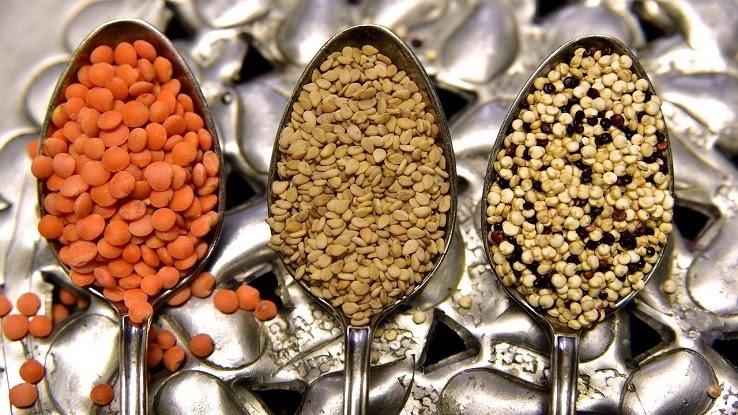
Lentils produce a high amount of folate, also known as vitamin B. This is important for protecting newborns against neural tube defects. Research has found that women who consume high levels of folate during pregnancy have a lower risk of developing gestational diabetes.
Pumpkins
Pumpkins are fantastic for your immune system. They are high in vitamin A which helps the body fight infections. They're also a great source of vitamin C, which increases the production of white blood cells and helps wounds and injuries heal quicker. Another immune-boosting vitamin is vitamin E, which pumpkins have plenty of.

Additionally, pumpkins are loaded with skin-loving nutrients. They contain carotenoids like beta-carotene, which can protect cells against damage caused by harmful UV rays. They're nature's sunblock.
Acai Berries
Acai berries have recently gained popularity for their health benefits. They have an incredibly high amount of antioxidants, even more than blueberries and cranberries. This makes them efficient in preventing cancer cells from forming, growing and invading other cells.
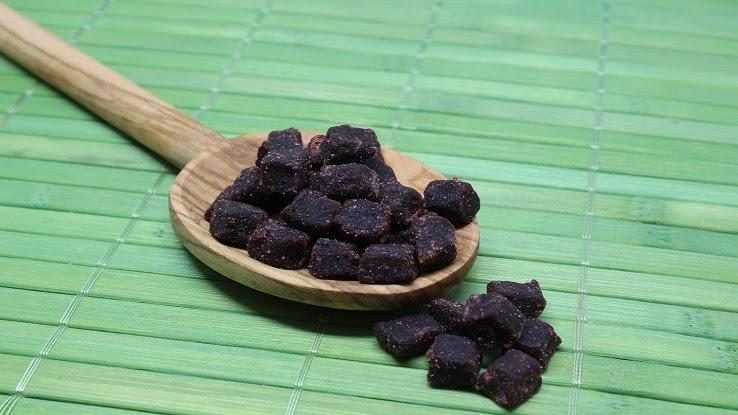
These small purple berries also have positive effects on cognitive function, and the compounds in acai berries can lower the risk of brain diseases, including Alzheimer's and Parkinson's. They've also been proven to enhance memory by improving the flow of blood to the brain. Finally, they're also good news for sporty folks since these berries help muscle recovery in exercise-induced injuries.
Cocoa
Cocoa dates back to the Mayan civilization when it was used as a medicine. Today, it's more commonly known for its role in chocolate production. Cocoa contains flavanols that improve the function of blood vessels and lower blood pressure. This in turn reduces the risk of heart attack and stroke.
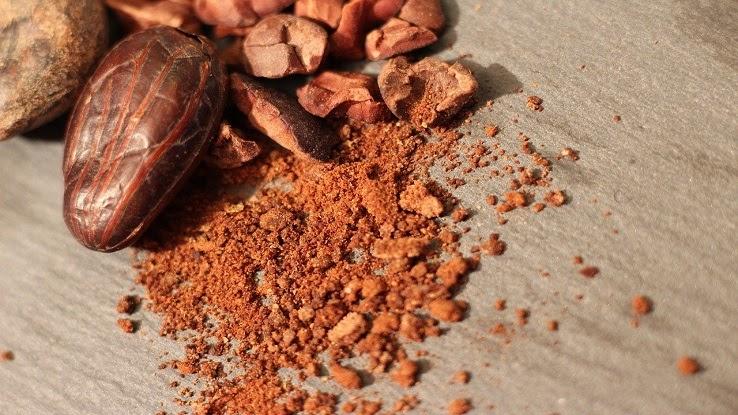
Perhaps surprisingly, cocoa also helps in weight control. It's thought that cocoa regulates the use of energy, reduces appetite and increases fat oxidation. People who consume high amounts of dark chocolate often have a much lower BMI. Consuming cocoa can help you lose weight at a faster rate.
Chia Seeds
Chia seeds may be small, but they are packed with essential nutrients. They contain omega-3 fatty acids that help combat heart diseases, such as thrombosis and arrhythmias. Chia seeds also decrease harmful cholesterol levels and remove plaque that forms in the arteries.
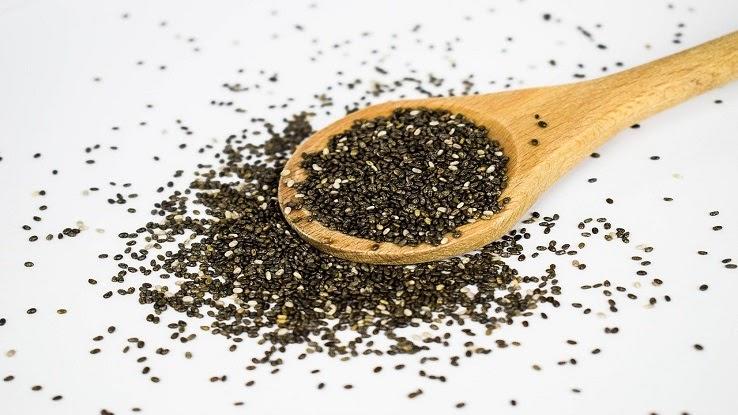
Chia seeds are high in fiber and low in calories, making them ideal for weight loss. While many foods are fiber-rich, chia seeds stand out since they contain nearly five grams of fiber in one tablespoon. Their weight loss benefits are further enhanced by high levels of protein.
Greek Yogurt
Greek yogurt is made by straining out excess lactose, water and minerals, which ends up creating a product with less sugar and more carbs. Yogurt has a very high amount of protein, which is essential for your immune system to function correctly and for muscle development. It's especially great for vegetarians who need to avoid animal protein.
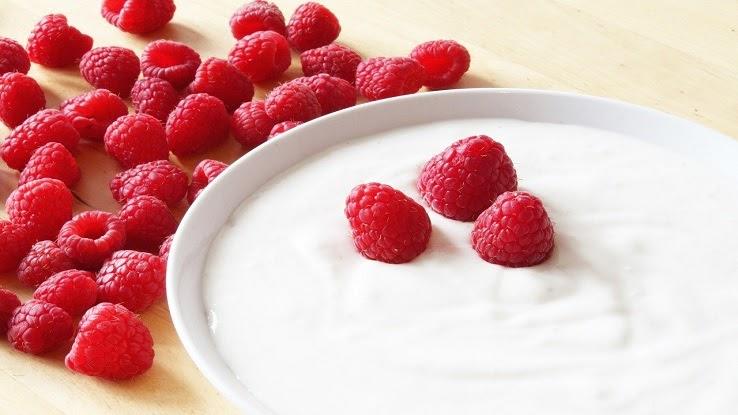
Greek yogurt is full of probiotics that are essential for a healthy gut. These are healthy bacteria that protect your immune system. Because gut health can affect brain health, these bacteria are also good for the mind.
Cauliflower
Cauliflower has high amounts of fiber and water, which are crucial for digestive tract health and preventing constipation and the development of colon cancer. This vegetable also helps with memory, sleep, learning and muscle movement since it contains choline.

Cauliflower is also rich in vitamin K, which is needed for healthy bones. A low vitamin K intake is linked to a higher chance of bone fracture and osteoporosis. Studies found that cauliflower may lower the risk of reproductive cancers in both men and women since it contains the antioxidant I3C.
Chili peppers
Chili peppers are mainly used in cooking as a spice. The plant's main compound, capsaicin, can provide pain relief since it binds with pain receptors and makes them insensitive to other types of pain, such as heartburn or migraines. Studies show that regular consumption of chilies can also help burn, leading to a faster metabolic speed and weight loss.
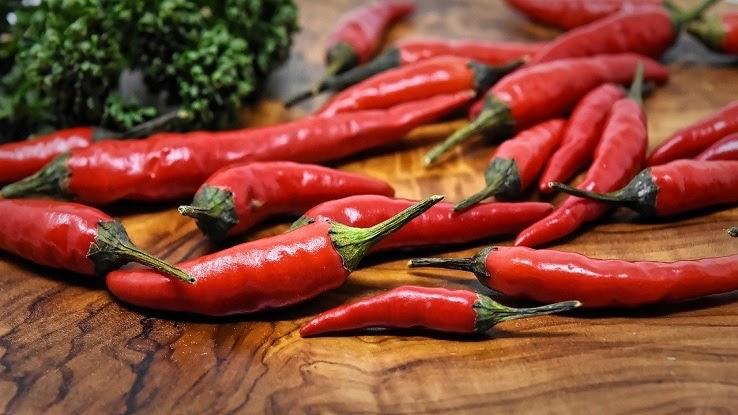
Capsaicin is also a lesser-known ingredient in heat patches, creams, and ointments designed to ease pain. Research shows that it can reduce muscle pain and stiffness from sports-related injuries as well as joint pain from arthritis.
Tomatoes
Tomatoes are great for skin health because they contain the carotenoid lycopene. This substance has the ability to protect the skin against severe sunburn. One study showed that people who consumed tomatoes and olive oil each day for 10 weeks experienced fewer sunburns.
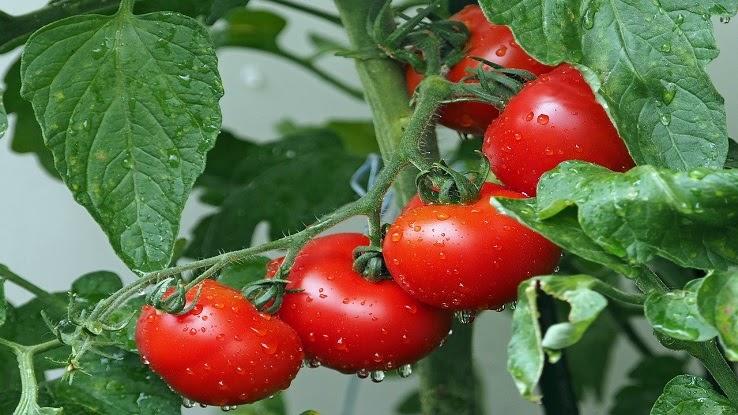
The lycopene in tomatoes also contributes to a healthy heart. There have been many studies that suggest increasing lycopene levels through fresh tomatoes or supplements can lower levels of LDL, or bad cholesterol. Tomatoes are also found to protect the inner layer of blood vessels, which reduces the risk of blood clots forming.
Chickpeas
Chickpeas are a type of legume and may be black, green or red. One cup of chickpeas provides 12.5 grams of fiber, which can lower blood glucose levels and minimize the chances of developing type 2 diabetes.
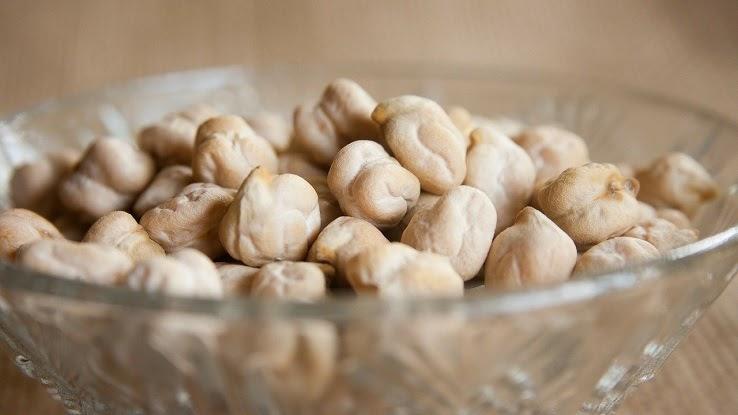
They also contain a high amount of potassium, which is vital in preventing high blood pressure. Using dry chickpeas in cooking rather than canned chickpeas drastically reduces the amount of sodium and increases their health benefits even further.
MORE FROM SMARTER.COM
Does Will Say About Starting A Garden In The Good Food Revolution
Source: https://www.smarter.com/lifestyle/foods-straight-up-superfoods?utm_content=params%3Ao%3D740011%26ad%3DdirN%26qo%3DserpIndex
Posted by: marcottefrientor.blogspot.com

0 Response to "Does Will Say About Starting A Garden In The Good Food Revolution"
Post a Comment